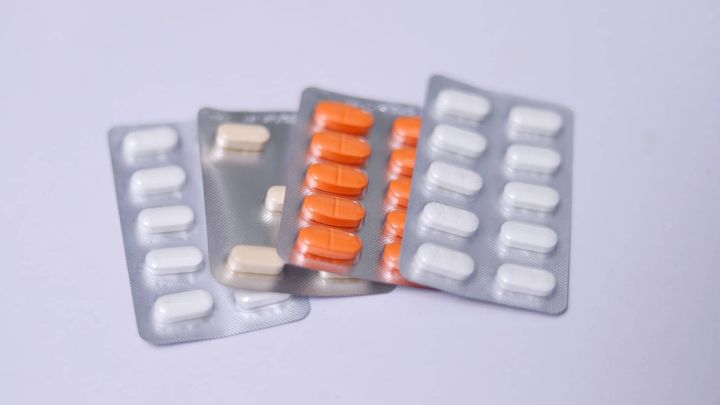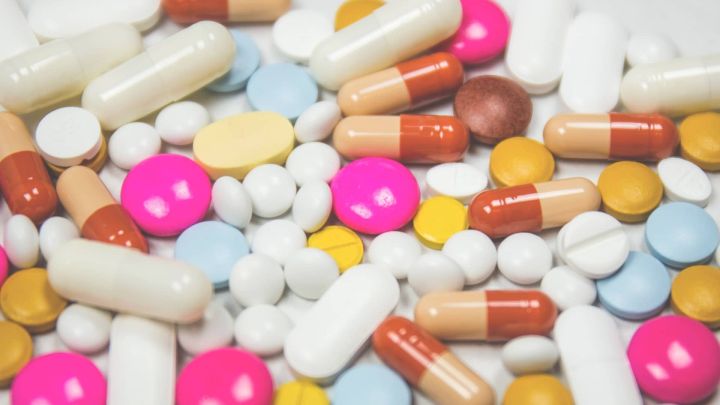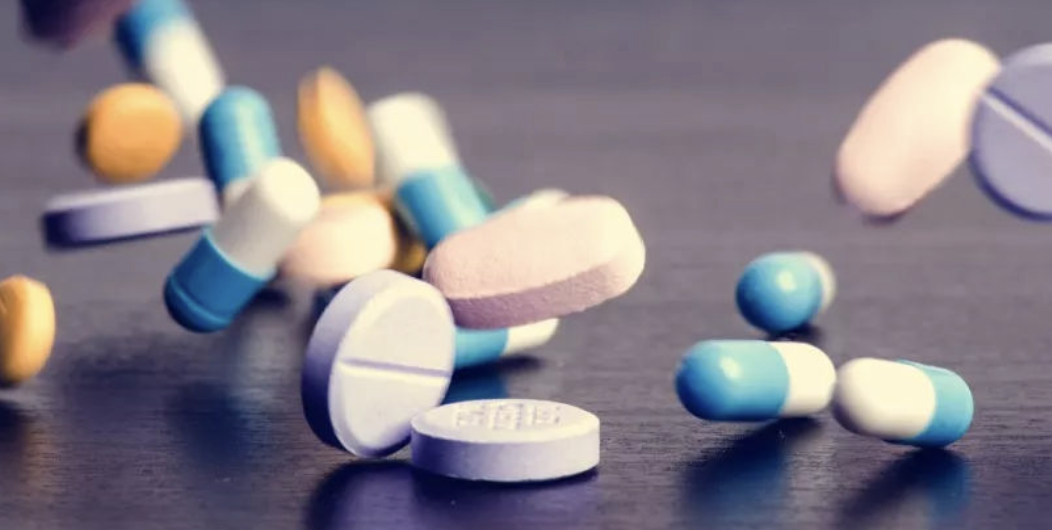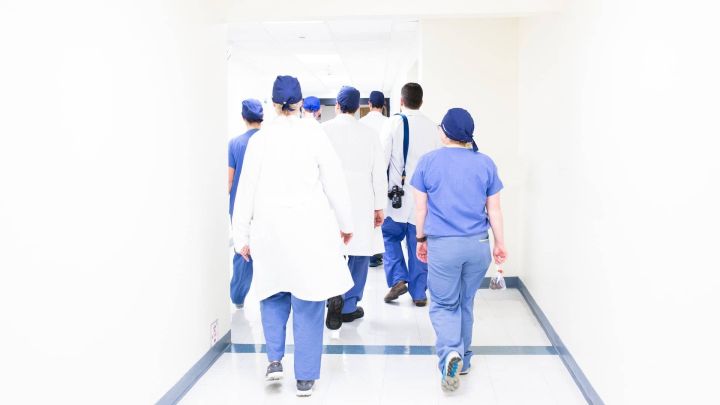Apparatus
World's First Antibody Targeting B7H7 Approved For Clinical Trial In The Us
HBM1020 is the world's first anti-B7H7 monoclonal antibody to be formally approved for clinical phase.
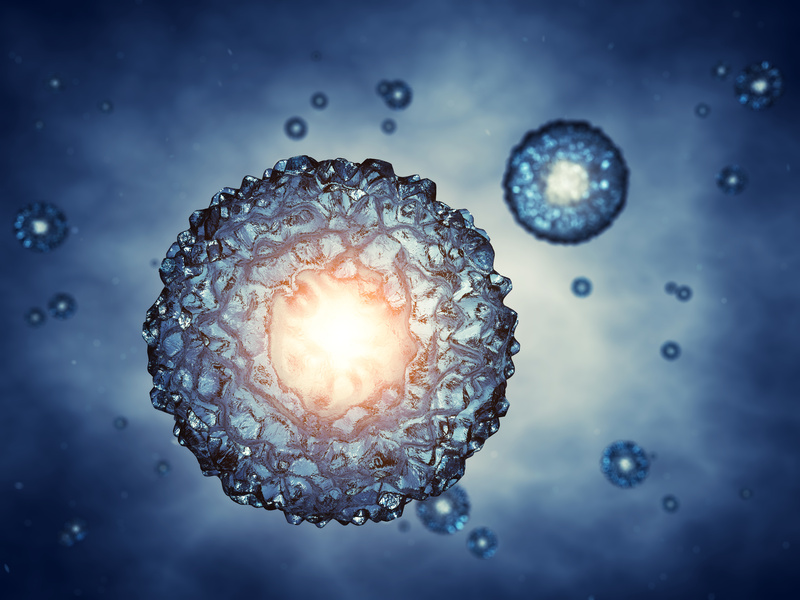
HBM1020 is the world's first fully human monoclonal antibody targeting B7H7

HBM1020 is the first monoclonal antibody targeting B7H7 to be formally approved for the clinical phase in the world
HBM1020 is expected to provide a novel anti-tumor treatment for patients who have difficulty benefiting from PD-(L)1 inhibitors, especially PD-L1 negative/refractory patients
On 12 January, Hepa Pharmaceuticals announced that HBM1020, the world's first fully human monoclonal antibody targeting B7H7 (i.e. HHLA2), has received Investigational New Drug (IND) approval from the US Food and Drug Administration (FDA) to initiate clinical trials in the US. The trial is an open-label, multi-centre Phase I study to evaluate the safety, tolerability, pharmacokinetics and anti-tumour activity of HBM1020 in patients with advanced solid tumours. Notably, HBM1020 is the first anti-B7H7 monoclonal antibody to be formally approved in the clinical phase worldwide.
HBM1020 is the world's first fully human monoclonal antibody targeting B7H7, developed on the Harbour Mice® H2L2 transgenic mouse platform from Hepa Pharmaceuticals. The antibody enhances anti-tumour immunity by blocking the binding of immune checkpoint targets and ligands. Pre-clinical data confirm its immune activation and anti-tumour functional activity.
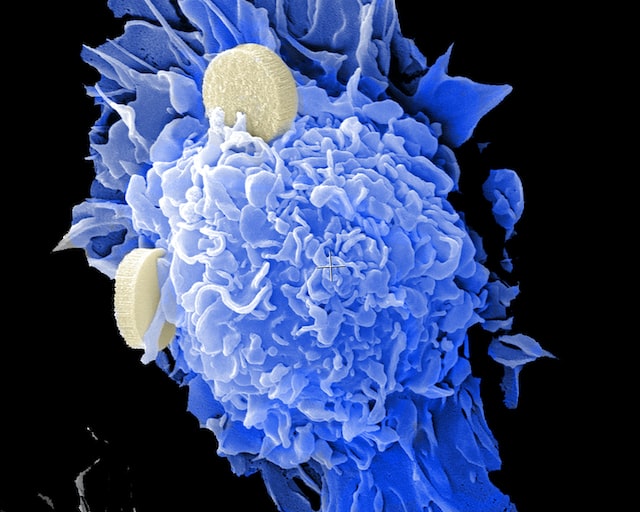
B7H7 is a novel immunomodulatory molecule that is a member of the B7 family, which is essential in regulating T-cell responses and has received much attention in cancer immunotherapy. The majority of clinically validated targets in the field of immuno-oncology are currently associated with the B7 family, including PD-(L)1 and CTLA-4, and therapies targeting B7 family targets have changed the paradigm of cancer treatment for many cancers, demonstrating significant clinical benefits. As a newly discovered member of the B7 family, B7H7 is expressed in a variety of refractory tumours and helps tumour cells to evade monitoring by the immune system. At the same time, B7H7 is expressed independently of PD-L1 and is usually highly expressed in PD-L1-negative tumours, demonstrating an alternative immune escape mechanism that is distinct from PD-(L)1. In PD-L1 negative/refractory patients, the B7H7 pathway plays a more important role in tumour cell evasion from immune regulation and antibodies against this target are expected to be further developed into a new generation of tumour immunotherapies.
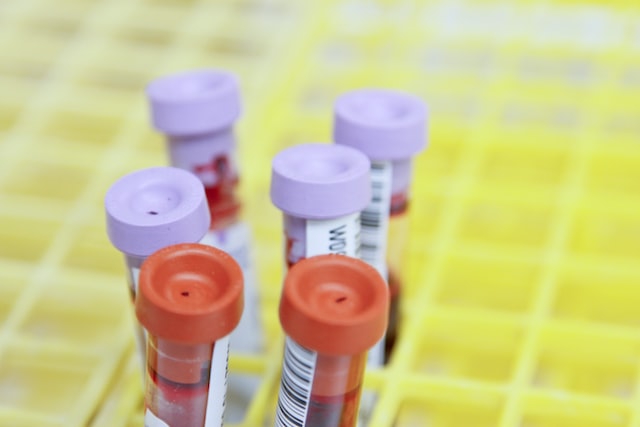
Due to its innovative biological mechanism, HBM1020 is expected to provide a novel anti-tumour treatment for patients who have difficulty benefiting from PD-(L)1 inhibitors, especially PD-L1 negative/refractory patients.
-
![]()
![]() ApparatusDec 21, 2024
ApparatusDec 21, 2024J. Enzyme Inhib. Med. Chem. | Protac Targeting Aimp2-Dx2: a New Therapy For Lung Cancer
-
![]()
![]() ApparatusDec 20, 2024
ApparatusDec 20, 2024Canada has developed a hand-held detector to help reduce the use of antibiotics
-
![]()
![]() ApparatusDec 19, 2024
ApparatusDec 19, 2024Check breast cancer like drinking and driving: breath detector capable of diagnosing various diseases
-
![]()
![]() ApparatusDec 18, 2024
ApparatusDec 18, 2024Inventory Of Fda-Approved Adc Drugs
-
![]()
![]() ApparatusDec 17, 2024
ApparatusDec 17, 2024Robots perform surgery more accurately and skillfully than humans? Research says it's not
